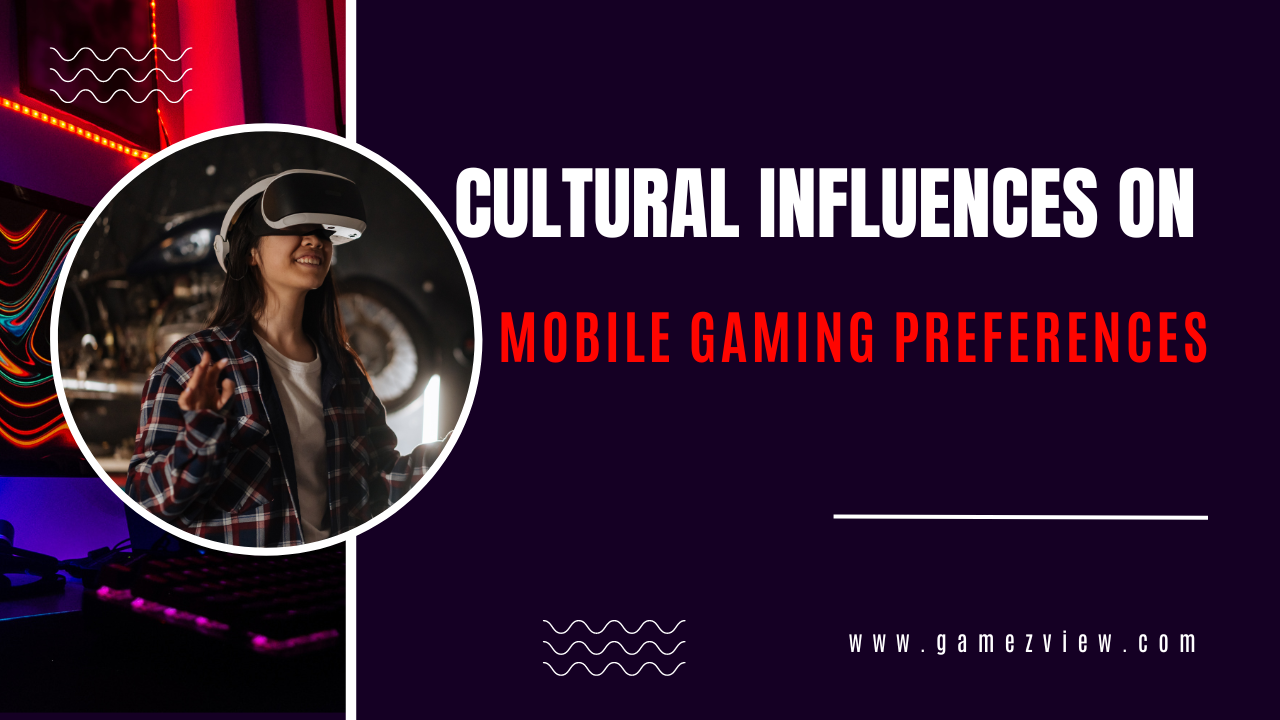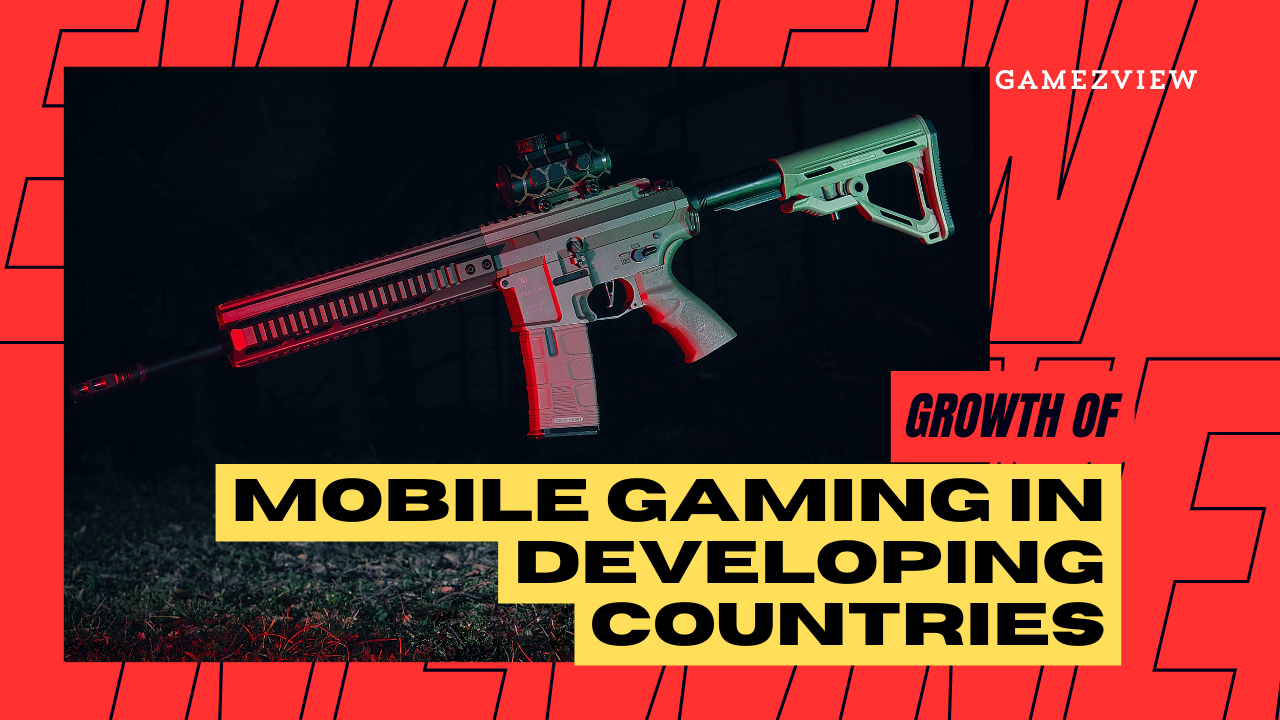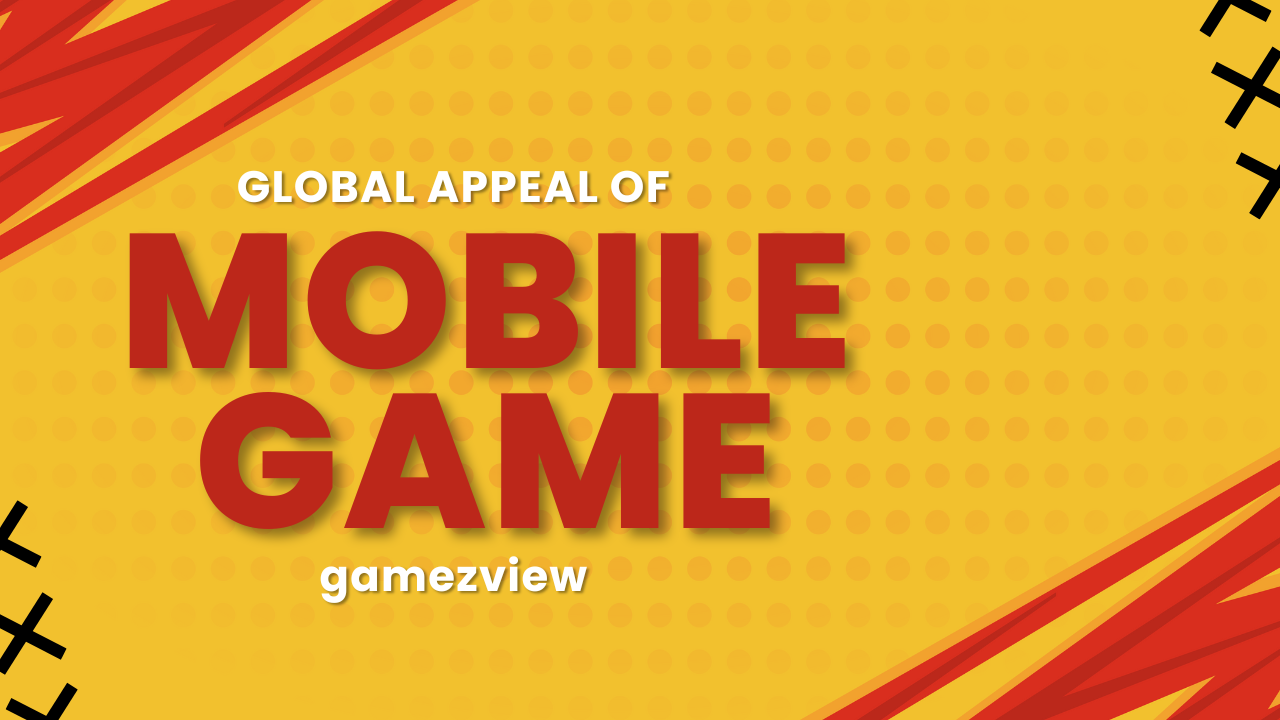Mobile gaming has become a ubiquitous form of entertainment, transcending geographical boundaries and cultural barriers. However, how different cultures engage with mobile games can vary significantly. This article explores how cultural factors shape the preferences of mobile gamers around the world.
Cultural Context and Gaming Preferences
Cultural context plays a crucial role in shaping mobile gaming preferences. In Asia, particularly in countries like Japan, South Korea, and China, mobile gaming is deeply integrated into daily life. The high penetration of smartphones and fast internet speeds facilitate a gaming culture that values quick, engaging experiences that can be enjoyed in short bursts. Games like Honor of Kings and Genshin Impact reflect these preferences with their emphasis on multiplayer experiences and social interaction.
In contrast, Western countries, such as the United States and parts of Europe, often show a preference for games that offer deeper narratives and single-player experiences. The success of games like Monument Valley and The Room series in these regions underscores a cultural inclination towards storytelling and puzzle-solving within the mobile gaming sphere.
Social Interactions and Gaming Habits
Social interaction is a significant cultural factor influencing mobile gaming preferences. In countries like South Korea and China, mobile games often incorporate social elements such as multiplayer modes and social networking features. These features cater to the collectivist nature of these societies, where community and group activities are highly valued.
In contrast, in Western cultures, where individualism is more prevalent, there is a tendency towards games that can be enjoyed independently. Single-player games or those with less emphasis on social interaction, like puzzle games and narrative-driven experiences, are more popular in these regions.
Economic Factors and Access to Gaming
Economic factors also influence mobile gaming preferences. In regions with high economic development, such as North America and Western Europe, gamers have greater access to advanced smartphones and can afford to spend money on in-app purchases. This leads to a preference for freemium games that offer additional content or advantages for a price.
In contrast, in developing regions where economic constraints are more prevalent, there is a higher demand for free-to-play games that provide a complete experience without requiring additional spending. This is evident in countries like India and Brazil, where free-to-play games like Subway Surfers and Candy Crush Saga are immensely popular.
Cultural Narratives and Game Themes
The cultural narratives and themes represented in mobile games often reflect the cultural values and interests of the players. In Japan, games with intricate storylines and anime-style graphics, like Fate/Grand Order, are popular because they resonate with the local cultural affinity for anime and manga.
In the United States, games that incorporate American cultural elements, such as The Walking Dead series, which features a post-apocalyptic setting, or sports games like Madden NFL Mobile, are more likely to succeed because they align with cultural interests and pastimes.
Gender Dynamics in Mobile Gaming
Gender dynamics also play a role in mobile gaming preferences across different cultures. In some regions, gaming is still predominantly seen as a male activity. However, in countries like Japan and South Korea, there is a significant female gaming population that influences the market. Games like Love Live! School Idol Festival and Animal Crossing: Pocket Camp caters to this demographic with themes and gameplay mechanics that appeal to female gamers.
In Western cultures, while there is an increasing number of female gamers, the market is still heavily dominated by games that cater to a predominantly male audience, although this is gradually changing with the rise of more inclusive games.
Technological Advancements and Cultural Adoption
Technological advancements also impact mobile gaming preferences by enabling or limiting the types of games that can be played. In regions with advanced technology infrastructure, such as South Korea and Japan, gamers have access to high-speed internet and advanced mobile devices, allowing for the popularity of high-performance games with rich graphics and complex gameplay.
In contrast, in regions with less technological advancement, like parts of Africa and South America, there is a preference for simpler games that can run on less powerful devices and do not require constant internet connectivity.
Cultural Attitudes Towards Gaming
Cultural attitudes towards gaming vary significantly across the globe and influence mobile gaming preferences. In many Asian countries, gaming is a socially accepted pastime for people of all ages, leading to a broader demographic engagement with mobile games.
In contrast, in some Western cultures, gaming is often viewed as a hobby primarily for younger audiences, which can influence the types of games that are developed and marketed in these regions. For example, games targeting older demographics, such as Words with Friends, are popular among older adults in Western countries.
Impact of Cultural Festivals and Events
Cultural festivals and events can also shape mobile gaming preferences. For example, during the Chinese New Year, mobile games often feature special events and content related to the festival, which resonates with the local population and boosts engagement.
Similarly, in Western countries, games that incorporate seasonal events such as Halloween or Christmas often see increased player activity, as these events align with cultural celebrations and traditions.
Influence of Local Game Developers
Local game developers play a significant role in shaping mobile gaming preferences within their regions. In Japan, companies like Nintendo and Bandai Namco create games that reflect Japanese culture and preferences, leading to a strong local market for their games.
In contrast, in regions with a less established game development industry, there is often a reliance on games from foreign developers, which may or may not align with local cultural preferences. However, the growing presence of indie developers worldwide is beginning to change this dynamic, allowing for more culturally relevant games to emerge in various regions.
The Future of Mobile Gaming Preferences
The future of mobile gaming preferences will likely continue to be shaped by cultural factors, as well as by technological advancements and economic changes. As mobile technology becomes more accessible and the global gaming community grows, we can expect to see a greater diversity of games that cater to a wide range of cultural preferences and interests.
How Do Social Dynamics Affect Mobile Gaming Preferences?
The influence of social dynamics on mobile gaming preferences is profound and multifaceted. This section delves into how social structures, relationships, and norms impact the types of games people play and how they interact with these games.
The Role of Social Networks
Social networks play a pivotal role in shaping mobile gaming preferences. Games that facilitate social interaction, such as Clash of Clans and Among Us, leverage the connectivity of social media platforms to create a communal gaming experience. These games often encourage players to invite friends, form teams, and share their achievements, Apologies for the oversight.
Multiplayer games that emphasize social interaction are particularly popular in cultures that value communal activities. Games like Fortnite and League of Legends thrive on the camaraderie and teamwork fostered through online interactions. In countries where social connections are highly valued, such as South Korea and Brazil, these games often dominate the mobile gaming landscape.
Cultural Preferences in Game Design
Cultural preferences in game design influence the types of games that resonate with different audiences. For example, in Japan, where aesthetics and storytelling are highly valued, games like Final Fantasy and Fire Emblem Heroes are celebrated for their intricate narratives and visually stunning graphics.
In contrast, in Western cultures, where innovation and creativity are prized, games like Minecraft and Roblox that offer open-world exploration and user-generated content thrive. Understanding these cultural nuances is essential for game developers seeking to create successful titles in diverse markets.
Influence of Cultural Icons and Trends
Cultural icons and trends play a significant role in shaping mobile gaming preferences. Games that feature popular cultural figures or capitalize on current trends often see increased engagement, particularly among younger demographics. For example, games like Kim Kardashian: Hollywood and Pokémon GO leverage celebrity endorsements and nostalgic appeal to attract players.
Similarly, games that incorporate elements of popular culture, such as music, movies, and fashion, can tap into existing fan bases and generate excitement around new releases. By aligning with cultural icons and trends, developers can create games that feel relevant and resonate with their target audience.
Cultural Sensitivity and Localization
Cultural sensitivity and localization are crucial considerations for game developers looking to expand into new markets. Adapting games to suit the cultural norms, values, and preferences of different regions can significantly impact their success. This includes translating game text into local languages, incorporating culturally relevant content, and addressing sensitive topics with care.
For example, games like Pokémon GO and Harry Potter: Wizards Unite undergo extensive localization efforts to ensure that they are accessible and enjoyable for players around the world. By respecting cultural differences and adapting content accordingly, developers can build strong connections with diverse audiences.
Impact of Globalization on Gaming Preferences
Globalization has had a profound impact on gaming preferences by facilitating the exchange of ideas, experiences, and cultural influences on a global scale. As people from different backgrounds interact and share their gaming experiences online, cultural boundaries become increasingly blurred, leading to a more diverse and inclusive gaming landscape.
Platforms like Steam and the Apple App Store allow developers to reach a global audience with their games, leading to a proliferation of diverse titles catering to a wide range of tastes and preferences. This globalization of gaming has fostered greater cultural exchange and understanding, enriching the gaming experience for players worldwide.
Cultural Appropriation and Authenticity
Cultural appropriation is a contentious issue in gaming, with developers facing criticism for appropriating elements of other cultures without proper understanding or respect. This can lead to misrepresentation, stereotyping, and cultural insensitivity, alienating players and perpetuating harmful stereotypes.
Developers must strive for authenticity and cultural sensitivity when incorporating elements of other cultures into their games. This includes consulting with cultural experts, engaging with local communities, and ensuring that representations are accurate and respectful. By embracing cultural diversity and fostering cross-cultural understanding, developers can create games that resonate with players from all backgrounds.
Cultural influences on mobile gaming preferences are complex and multifaceted, encompassing factors such as social dynamics, economic conditions, technological advancements, and cultural attitudes. By understanding these influences and adapting their games accordingly, developers can create experiences that resonate with diverse audiences around the world.
As the mobile gaming industry continues to evolve and expand, cultural considerations will become increasingly important for developers seeking to reach new markets and engage with diverse player bases. By embracing cultural diversity and fostering inclusivity, developers can create games that transcend geographical boundaries and bring people together in shared experiences.



